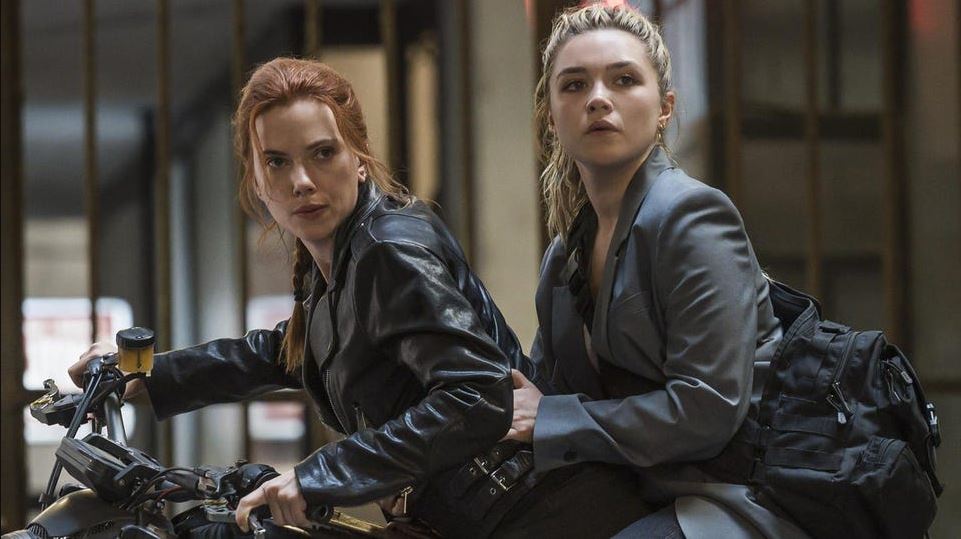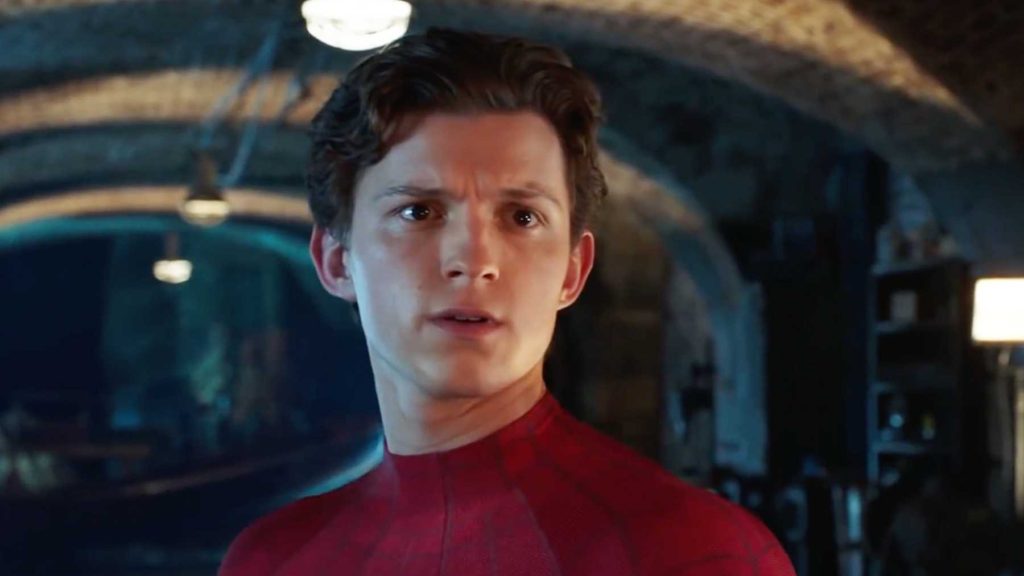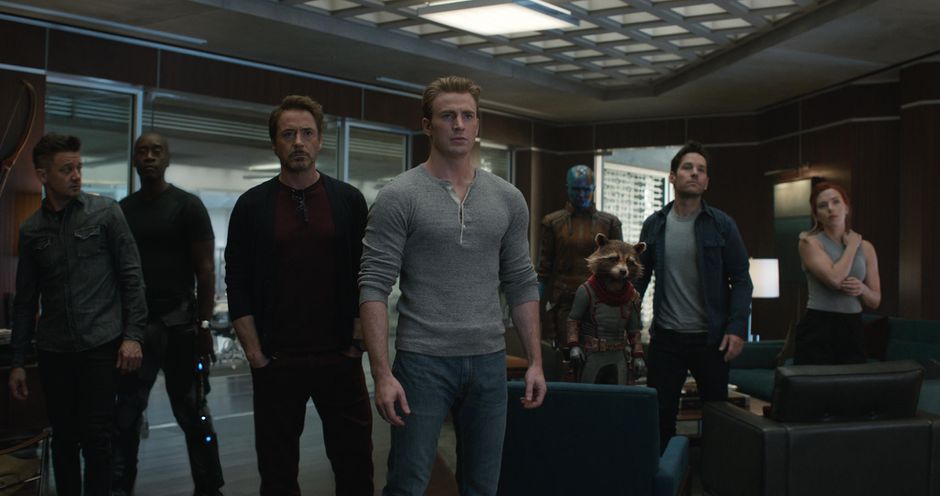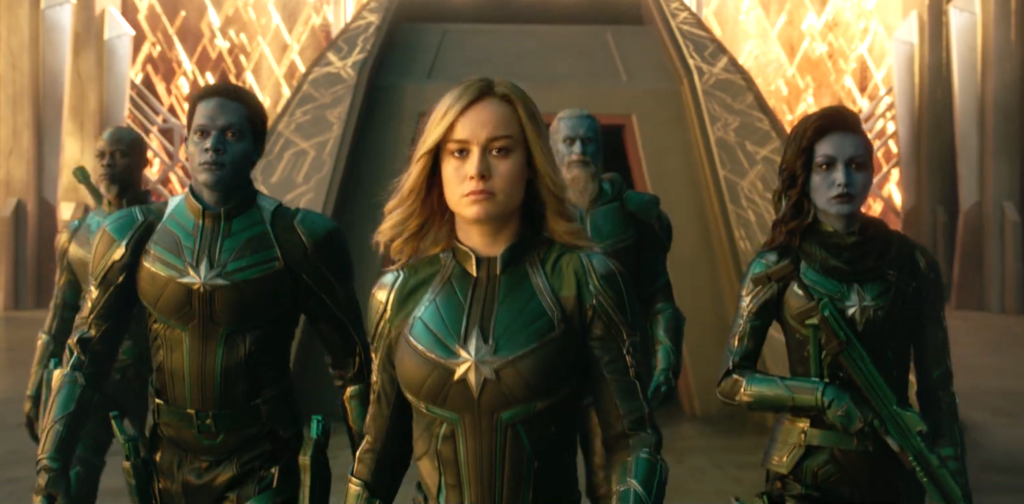Shang-Chi and the Legend of the Ten Rings: How to Contain Your Dragon
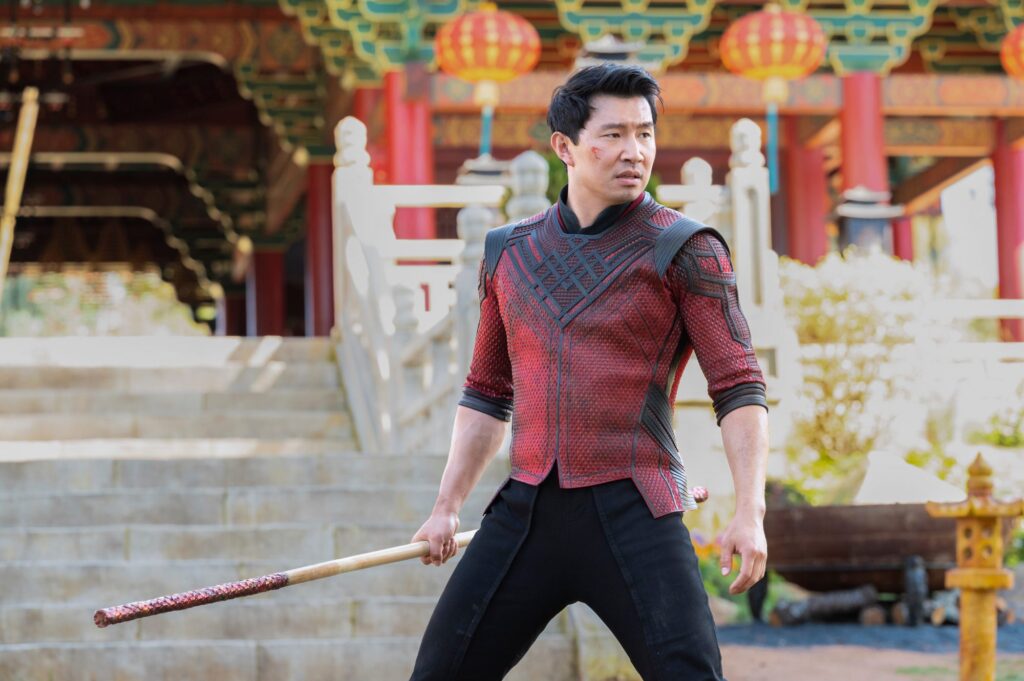
Shang-Chi and the Legend of the Ten Rings could have been a damn good comic-book movie, if only it hadn’t been about the Ten Rings. Neatly ornamented circlets that flash blue-and-purple lightning, these conjoined jewels vest their bearer with cosmic power, which is cool for him but unfortunate for us. I’m sure that blasting bolts of deadly energy from your wrists is an efficient method of laying waste to your enemies; visually speaking, it’s a drag, and so is this film’s prologue, which appears poised to squander the great Tony Leung—saddling him with lank hair and medieval armor, then watching as he magically vaults over and slices through an entire opposing army. He’s lord of the blings, and his growling invulnerability initially marks him as yet another tedious Marvel villain.
Happily, the Ten Rings factor little into Shang-Chi, at least until its predictably torpid climax. Even the tired prologue is something of a feint, seeing as how it’s followed by a second preamble, this one far more elegant. Flashing forward a thousand-odd years to 1996, it finds Leung’s heavy, Xu Wenwu, newly shorn and stumbling into a pastoral grove, where he trades balletic blows with his future wife, Ying Li (Fala Chen); their graceful combat, as much a dance as a fight, recalls the stylish wirework of Crouching Tiger, Hidden Dragon. And for most of its runtime, Shang-Chi aspires to that level of intimacy and fluidity, eschewing CGI pyrotechnics and globe-altering stakes in favor of taut action and clenched family drama. Read More

